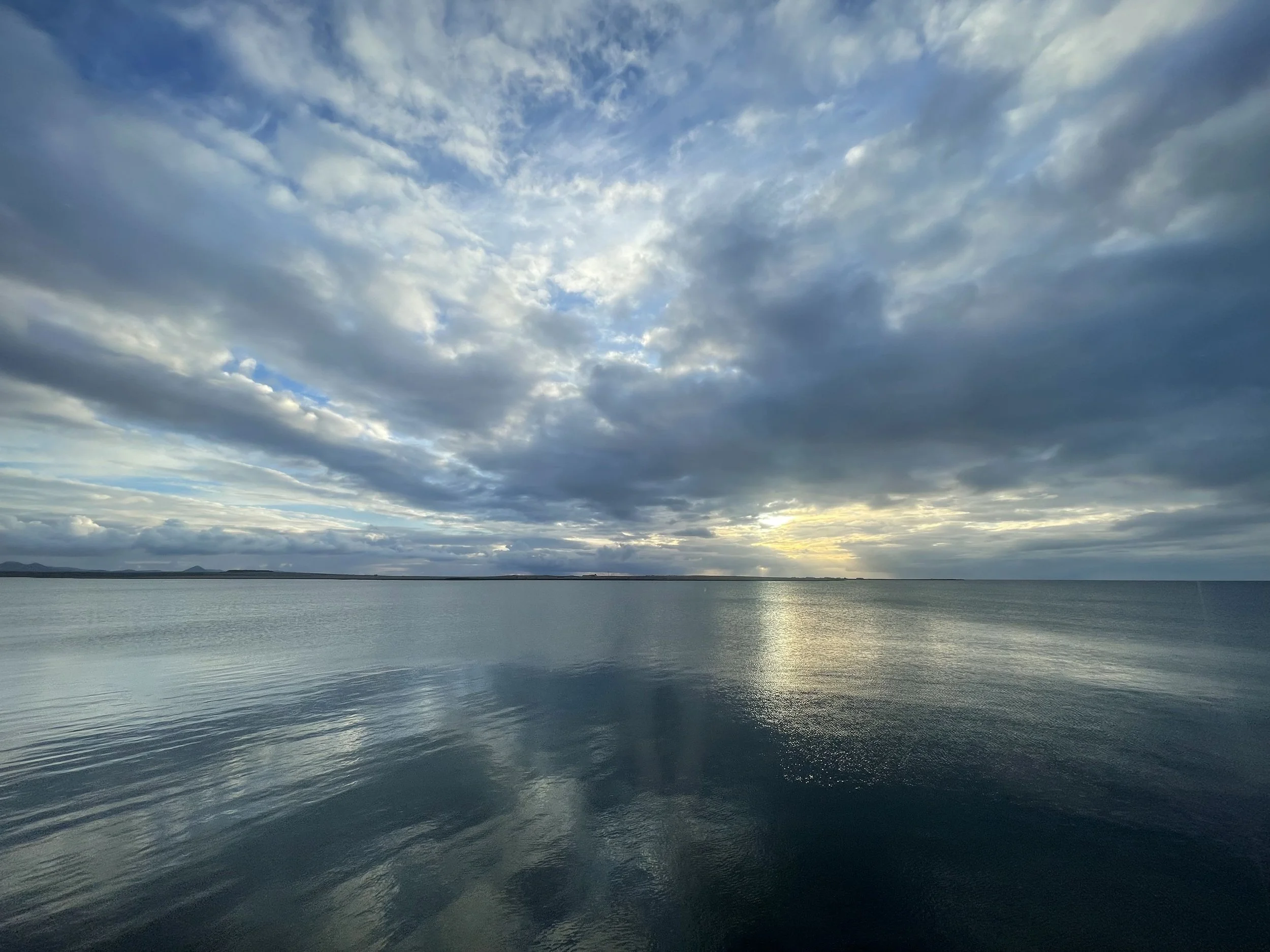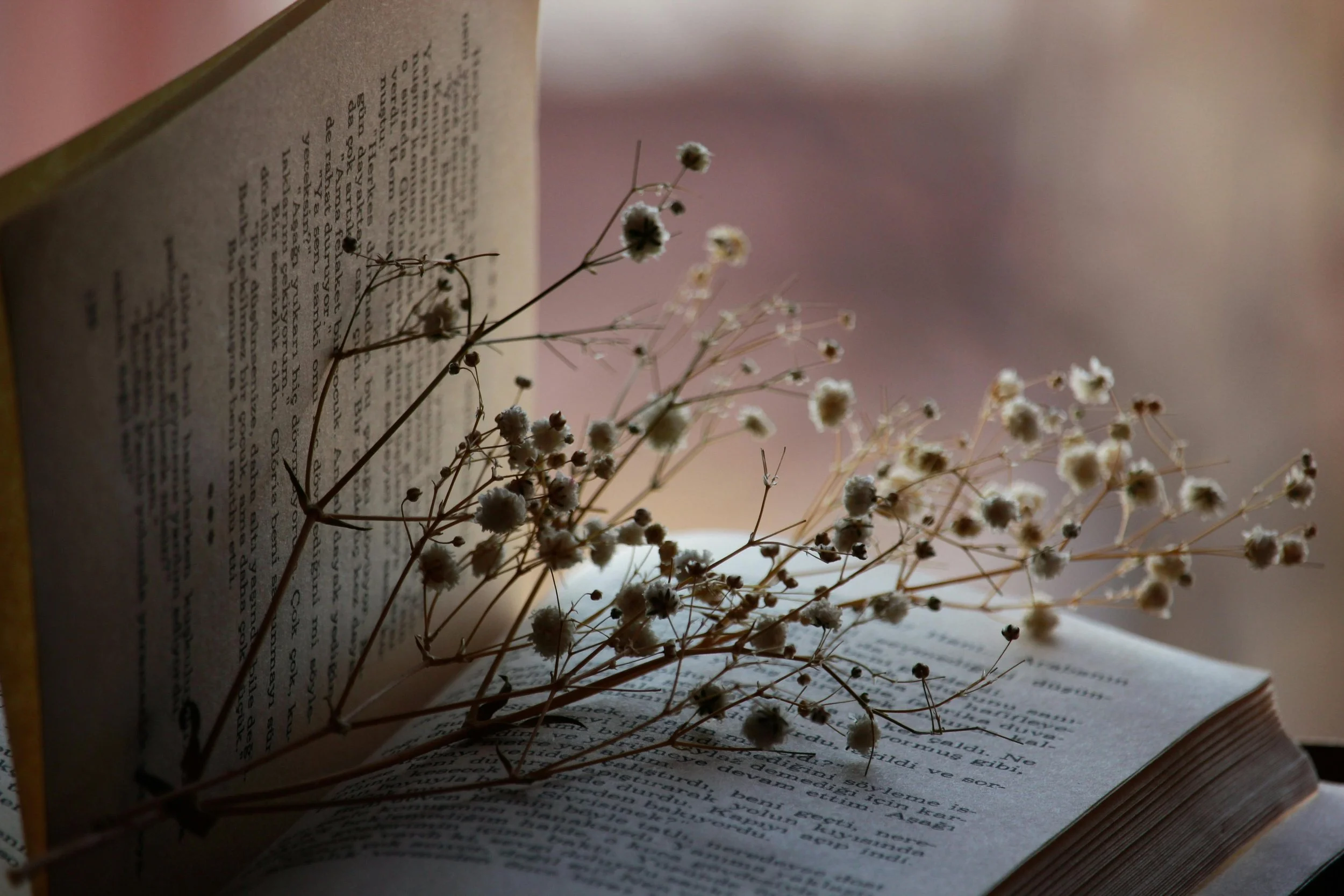When I was ten years old, a man who owned a small record label wanted to sign me after hearing me sing at a talent show where I went to school with his daughter. My Pentecostal Christian stepmother, bless her heart, was adamant that a gift like mine should only be “used for The Lord, not for the world.” My family moved shortly thereafter, alleviating me from facing the theological dilemma she’d imposed.
Can indigenous peoples not practice indigenous religions? What if a non-indigenous person claims to practice their religion? Can people normally not considered indigenous have an indigenous religion? What if they claim they are reconstructing a tradition that died out? What does “indigenous” actually mean, and how does it relate to both people and religion? While I will offer some general suggestions of my own, the most important part of this essay explains why these apparently simple questions are so complicated.





